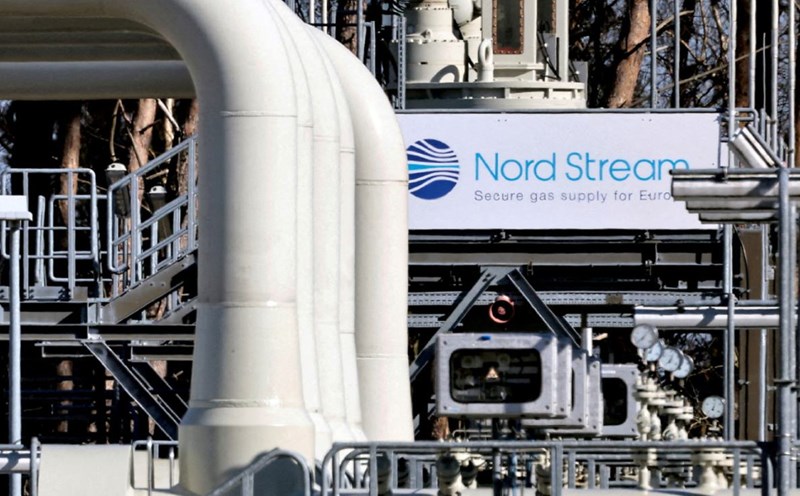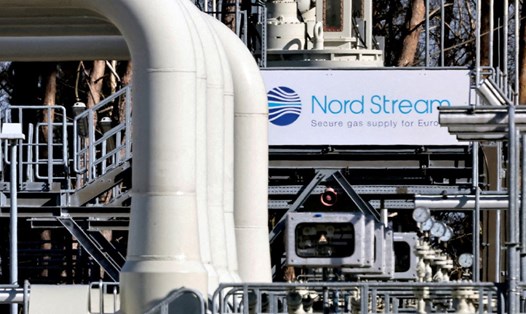While the global economy is rocked by US tariff policies and the consequences of the Ukrainian conflict, many people believe that the Russian economy will suffer heavy consequences.
However, reality is showing the opposite. Russia is not only avoiding a global economic "storm", but is also proving impressive internal rebound amid uncertainty.
With the US announcing countervailing tariffs targeting more than 180 countries and territories, Russia is not on the list of sanctioned countries.
From the perspective of experts such as Władysław Inoziemcew - a famous Russian economist writing on the Worldcrunch website - Russia can not only avoid direct losses from the global trade earthquake, but also receive a series of positive effects from the change in US geopolitical policy, especially after the phone call between President Donald Trump and President Vladimir Putin in February 2025.
Immediately after the phone call, the Russian stock index increased sharply, the ruble became the world's fastest currency to increase in price for 2 consecutive months.
Optimistic market sentiment returns, domestic investors start opening the backpack after many years of accumulating huge profits, while people pour money into savings and government bonds. Confidence in the national currency increased sharply, concerns about cooling inflation, and the Business Confidence Index also increased.
Despite a sharp decline in oil prices (sometimes below $50/barrel, significantly lower than the $69.7 expected by the Russian budget), the Russian economy has not collapsed. This is partly due to Moscow's wise financial reserve strategy, especially in the gold sector.
In the first quarter of 2025 alone, gold prices increased by more than 22%, bringing in about 44 billion USD for the Russian Central Bank - a significant compensation compared to the 10 billion USD loss due to reduced oil and gas revenue.
Moreover, Russia's trade balance remains positive. The worst scenario is to increase spending to maintain a military campaign, but if the conflict ends, it is this expense that can be cut, creating room to stimulate domestic investment and consumption.
In the first quarter of 2025, the Russian budget deficit fell from 3,840 billion rubles ($47 billion) to 2,170 billion rubles ($26 billion). The consumer price increase in March was only 0.65% - much lower than in November 2024. Non-food consumer prices are basically stable, imported electronics even decreased by 8-15% thanks to the weak USD and difficulty in accessing international credit.
It can be said that the Russian economy is moving cautiously but steadily, despite external fluctuations. The situation could change if both the hot war in Ukraine and the cold war on trade between the US and China continue in parallel. However, with just one of the two cooling downs, Russia will have the opportunity to rise up more strongly.











